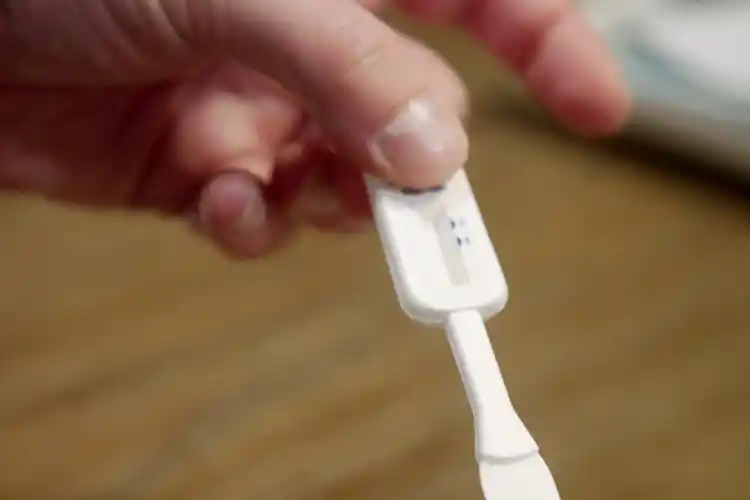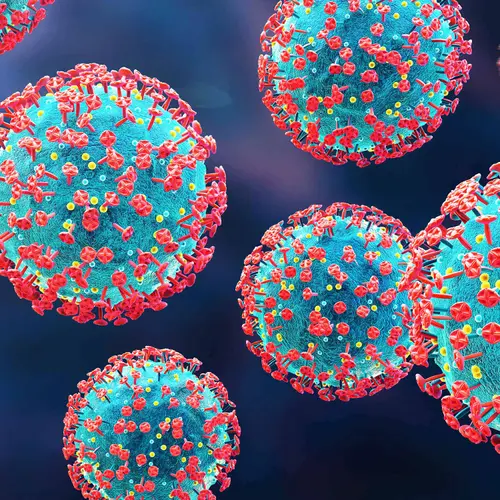The Truth About Rapid HIV Tests

Hide Video Transcript
Video Transcript
[MUSIC PLAYING]
Rapid-result HIV tests have been on the market for a while. Here are a few things to know if you're thinking about getting tested. There isn't a test that can tell you if you have HIV immediately after an infection. It takes about 3 to 12 weeks for your body to show signs of HIV that would register in a rapid test. But if enough time has passed, the rapid tests are quick and easy.
The easiest rapid test is one you do at home. The FDA has only approved one quick-results self-test for HIV. After swabbing your cheek and using the test kit, you should have results in about 20 minutes. If you'd rather be tested by a medical professional, labs and clinics offer rapid tests that also come with a consultation. Many of these tests are free. A negative result from a rapid test could mean you don't have HIV or that it's too soon to tell. If you get a positive result, you'll need a blood test to confirm.
How often should people get tested? People who have occasional exposure to HIV should get tested yearly. Those who are at high risk of infection should get tested every three to six months.
SPEAKER
The truth about fast testing for HIV. Rapid-result HIV tests have been on the market for a while. Here are a few things to know if you're thinking about getting tested. There isn't a test that can tell you if you have HIV immediately after an infection. It takes about 3 to 12 weeks for your body to show signs of HIV that would register in a rapid test. But if enough time has passed, the rapid tests are quick and easy.
The easiest rapid test is one you do at home. The FDA has only approved one quick-results self-test for HIV. After swabbing your cheek and using the test kit, you should have results in about 20 minutes. If you'd rather be tested by a medical professional, labs and clinics offer rapid tests that also come with a consultation. Many of these tests are free. A negative result from a rapid test could mean you don't have HIV or that it's too soon to tell. If you get a positive result, you'll need a blood test to confirm.
How often should people get tested? People who have occasional exposure to HIV should get tested yearly. Those who are at high risk of infection should get tested every three to six months.
